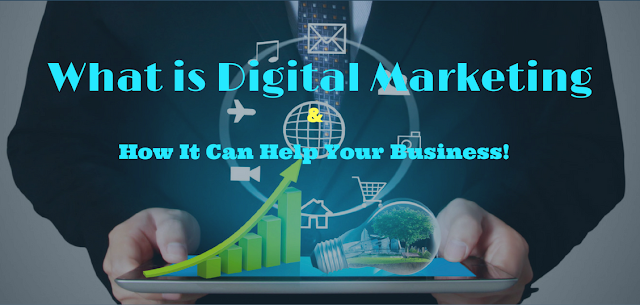PPC - Pay Per Click - Also called Cost Per Click / CPC is a form of online advertising that uses real time bidding to direct traffic to websites. Advertisers only pay when the ad is actually clicked by an end user. The end user or searcher types a search query or search term into their web browser, as the searcher looks for an answer to their search query, the advertiser has an opportunity to connect with the user by bidding on those search queries or keywords. Each time a user sees an ad containing their keyword(s), it is called an Impression.
Once the searcher finds a potential answer to their search or query, they’ll be inclined to click on the link that directs them to the website they are looking for. For our purposes, this could be a paid listing or an organic listing. The paid listing is what we call Pay Per Click.
Search and Display Ads - Are The Two Main Kinds of PPC
Search ad is when a user is searching for a query on search engine, a text ad shows up at the top of a SERP (Search Engine Results Page). Based on the advertiser’s bid, and ad quality/ ad rank, the ad will appear higher on the top of the SERP.
Display ad is when a searcher or user is reading content about their query and a display ad is shown to them based on the content of the relevant webpage or landing page.
It is good to note that Search and Display ads typically reach potential customers at different points in the buying funnel. Most likely, someone clicking on a Display ad is in the process of learning about a product or idea. Still they are towards the top of the buying funnel, in the discovery phase. A searcher who clicks on a Search ad is usually closer to making a buying decision, and is therefore more likely to convert.
Lets have a look at how you can use PPC?
Google offers a lot of training and certification materials to become familiar with PPC. While PPC is available through several platforms, Google is having the best training content for beginners and is a well known search engine in the world, so Google AdWords is a good place to start your PPC campaign.
To start a PPC campaign you will need 4 major items:
- Budget
- Ads or ad copy
- Keywords
- Billing information
Google makes the process of planning easy by providing a Keyword Planning tool that can help you create keywords, as well as give you an estimate of daily traffic and spend and it even shows you an estimated budget for your PPC campaign. Hence two major things in your PPC campaign set up are answered.
As for ads or ad copy, it is always recommended that you use two forms of ad copy so that you can test which ad performs better. Once A/B testing is done, you can optimize from there. Also keep in mind that it is a good practice to use keywords in the ad copy to make the ad copy more relevant to the searcher/user.
For billing, just enter in your credit card information and you’re ready to go!
Now that you’re all set up, you can move into the optimization and maintenance part of your PPC campaign. You should look at the past 30 day trend for position, click through rate, impressions, clicks, cost, cost per conversion, quality score, and bounce rate. Once you are familiar with optimization and maintenance, you can work on increasing your campaign budget, so long as the margins remain profitable.
There you go. A brief explanation of PPC campaign set up - what it is, and how it works. Want to get your own campaign set up but aren’t sure how to dive deeper? Approach the experts at a renowned PPC company to help you in setting up your PPC campaign.













